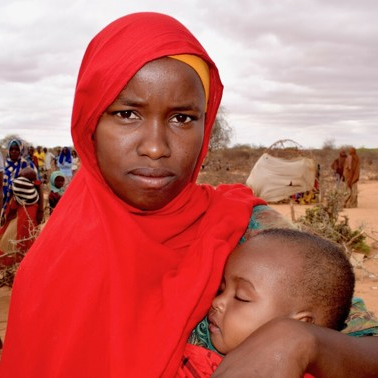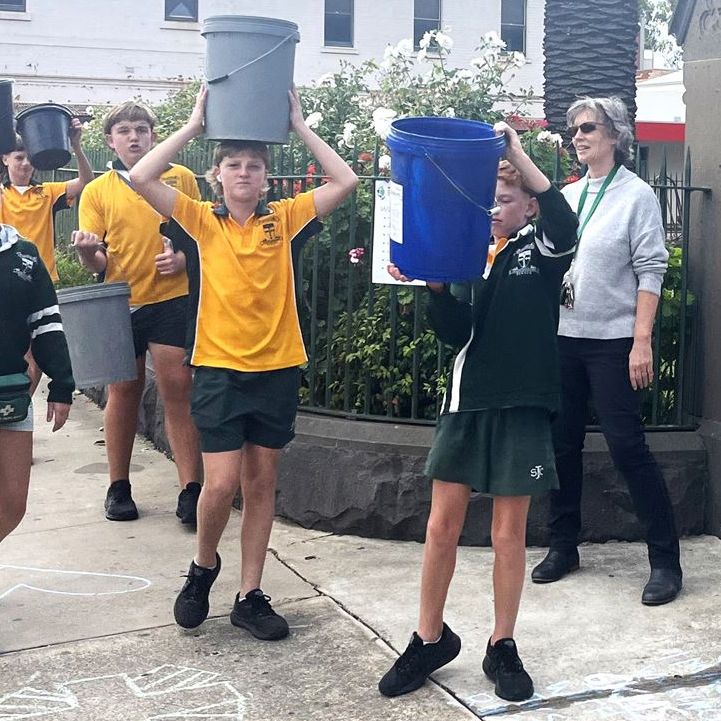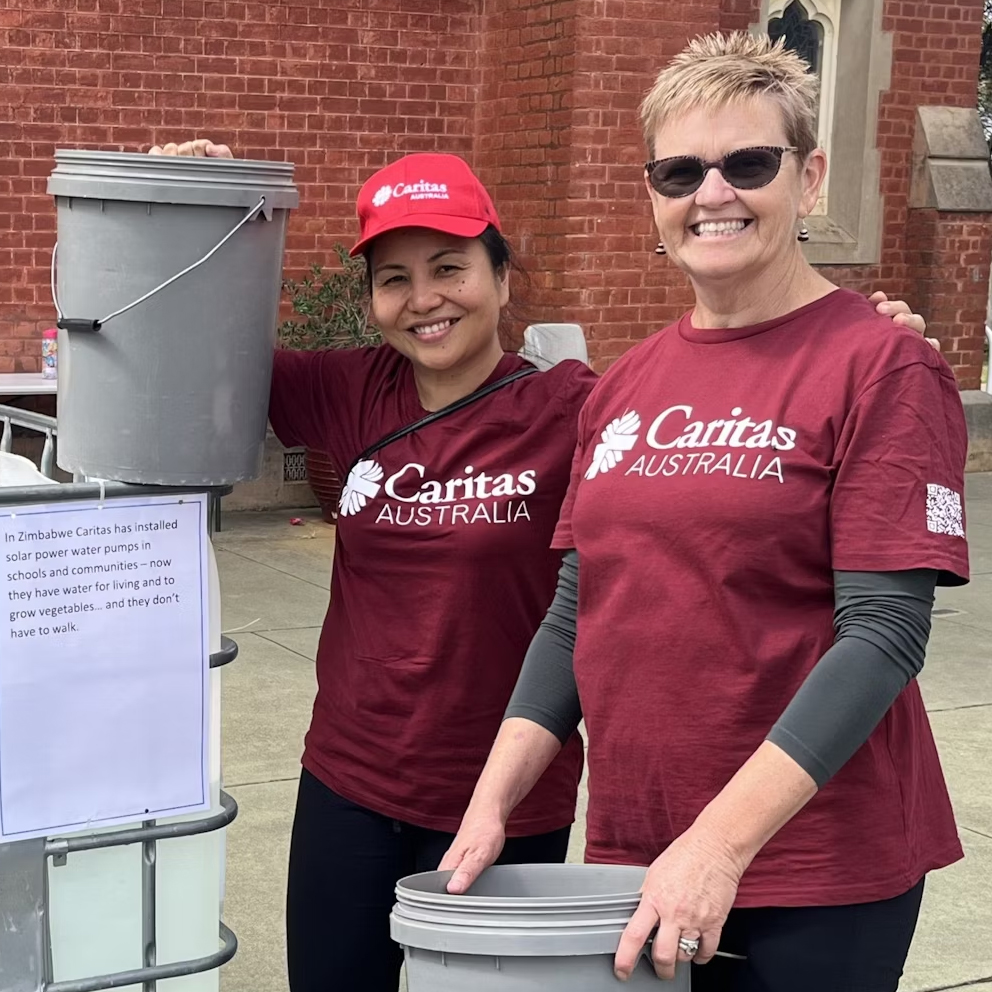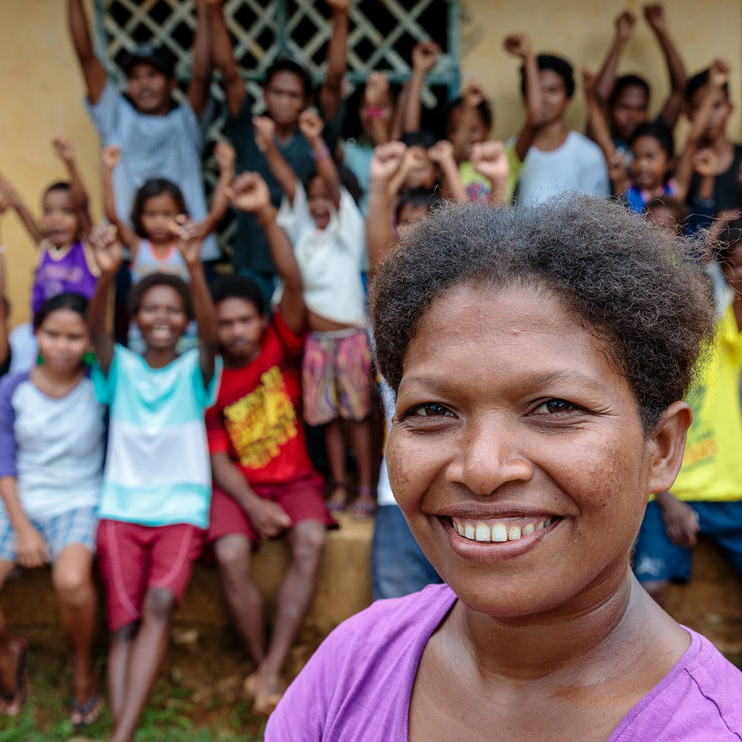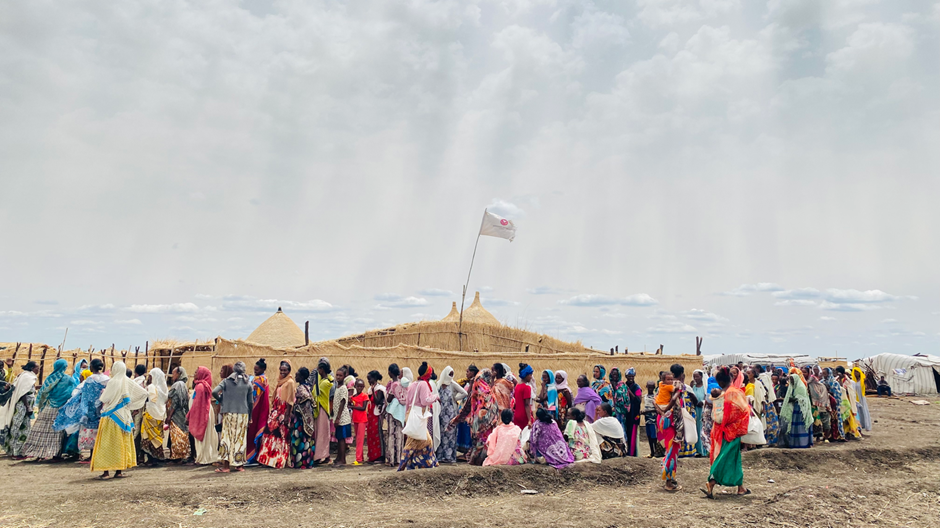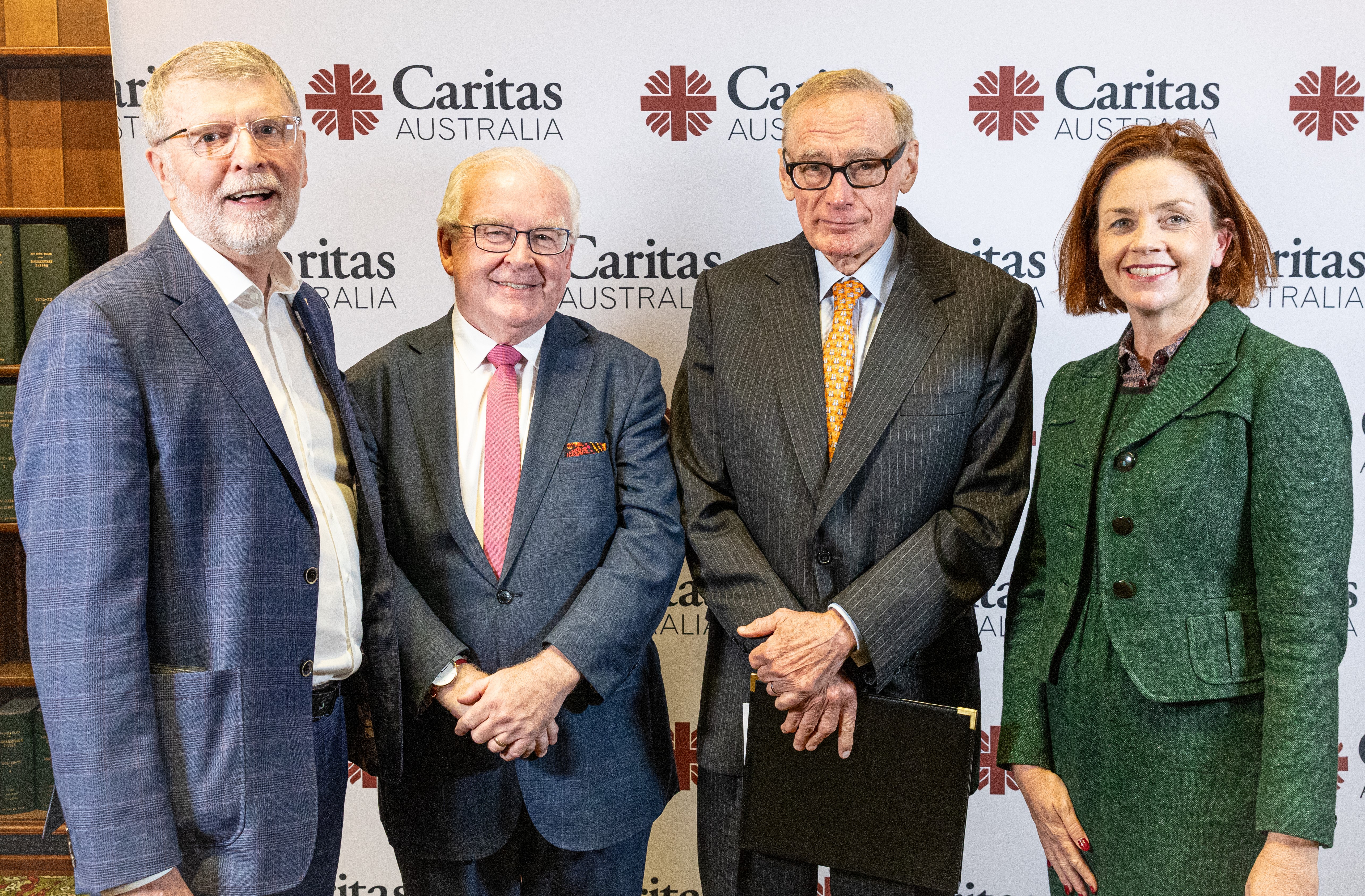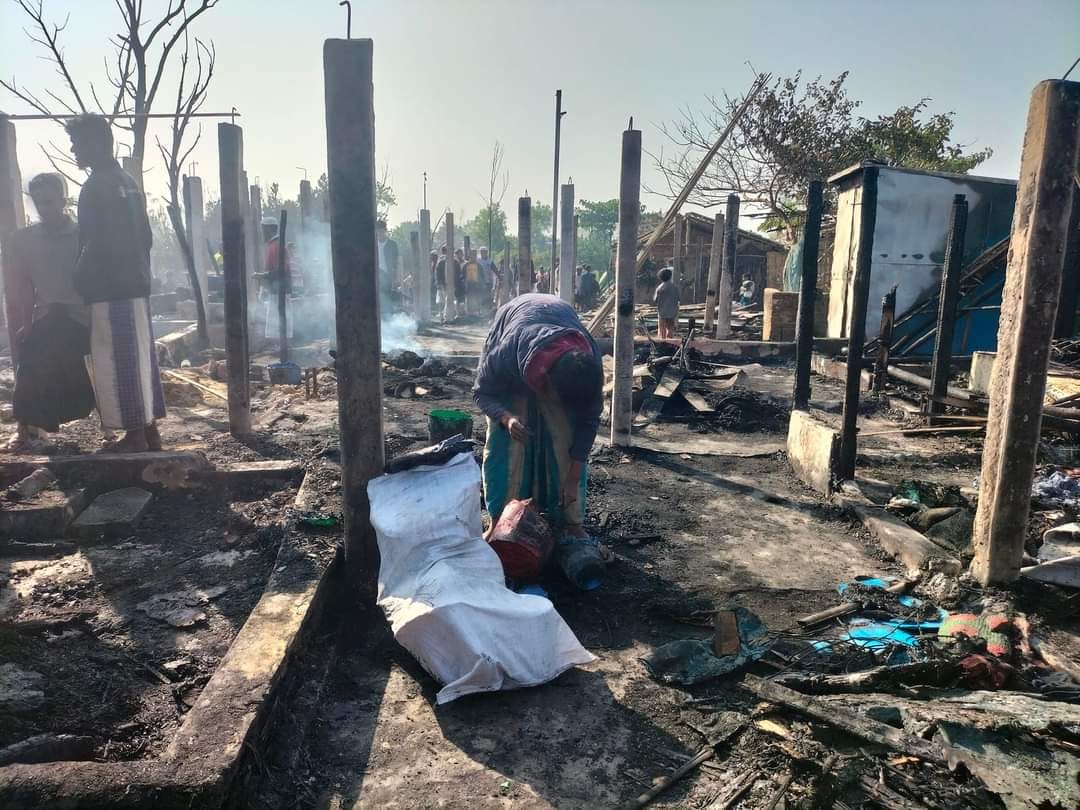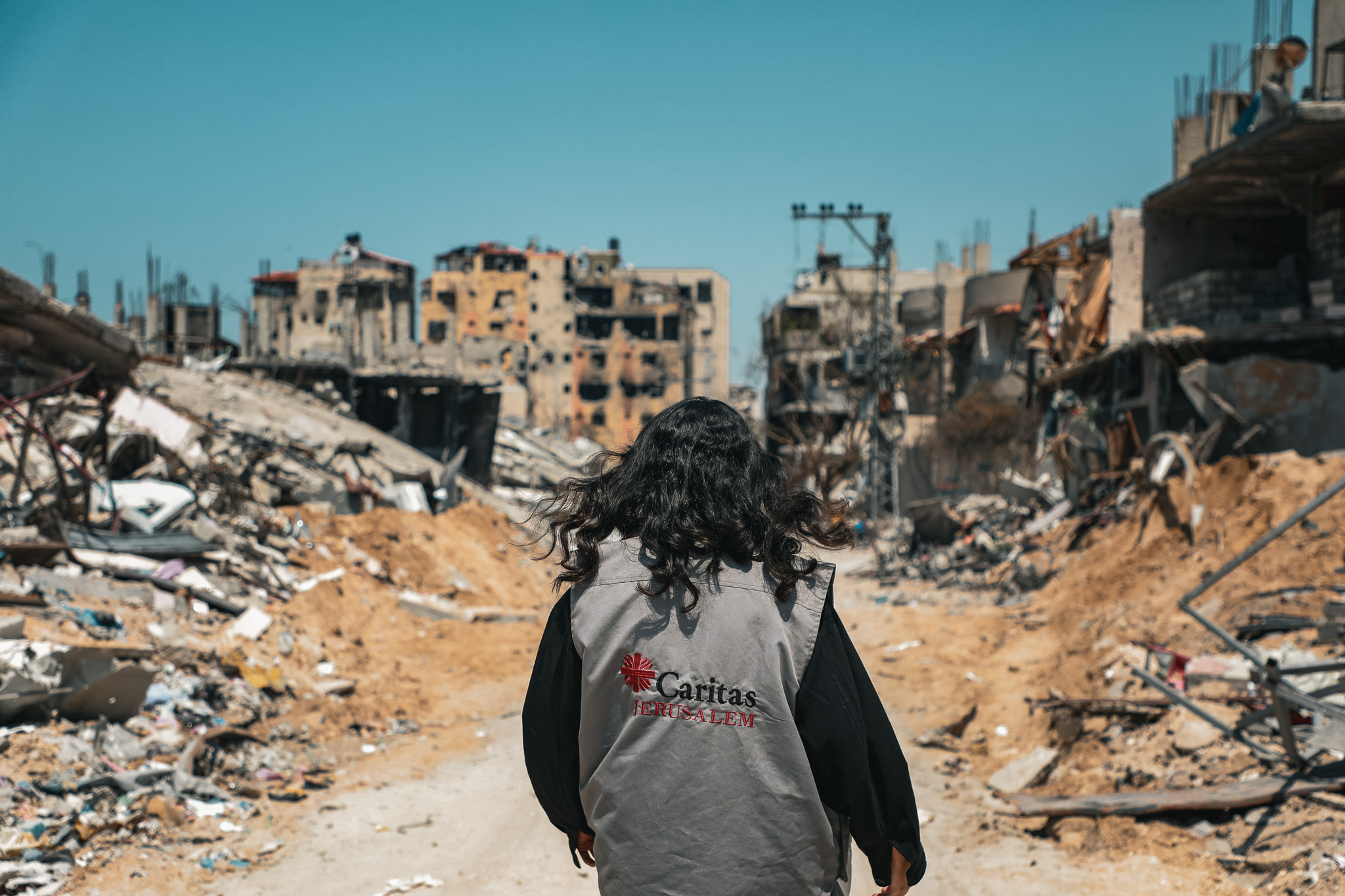Food price inflation in Lebanon was among the worst in the world in 2023, sitting at 350%. Around one in five people are facing acute food insecurity, and over 80% of the population now lives in poverty, compared to 42% in 2019.
The World Bank is calling it one of the worst economic crises of the past 150 years.
Sitting behind this crisis is a recession and record inflation that began in 2019, and has since been exacerbated by Covid-19, the Russian Invasion of Ukraine, and the devastating explosion of the Port of Beirut in 2020.
Lebanon is also home to the largest number of refugees per capita, with the conflict in Gaza now seeing tens of thousands of people living near the border of Israel displaced. Rising conflict in the Middle East is also impacting much needed tourism, as well as igniting concerns around the potential for attacks on Lebanon’s critical infrastructure.
Gilbert Zouein, Executive Director, Caritas Lebanon said of the situation, "We are in continual crisis. When we think we get to the bottom, it sinks again and gets worse."
In response, Caritas Lebanon is working to support the most vulnerable communities in the country with healthcare services, hot meal distribution, livelihood support, and rent and cash assistance.
The Caritas Australia Lebanon Emergency Appeal will support Caritas Lebanon as it delivers these services through:
- 37 centres providing social support in the form of rent and cash assistance for bills and school fees.
- 10 primary healthcare centres and 8 mobile clinics providing diagnosis services, treatment, mental health services and distributing medications.
- Agreements across over 80 hospitals covering part or all hospital fees for vulnerable people.
- Mobile clinics focused on supporting people living with a disability and the elderly.
- 3 shelters for women seeking protection and escaping gender-based violence, providing shelter, food, medical, legal, and psychosocial support as well as life skills and livelihood training.
